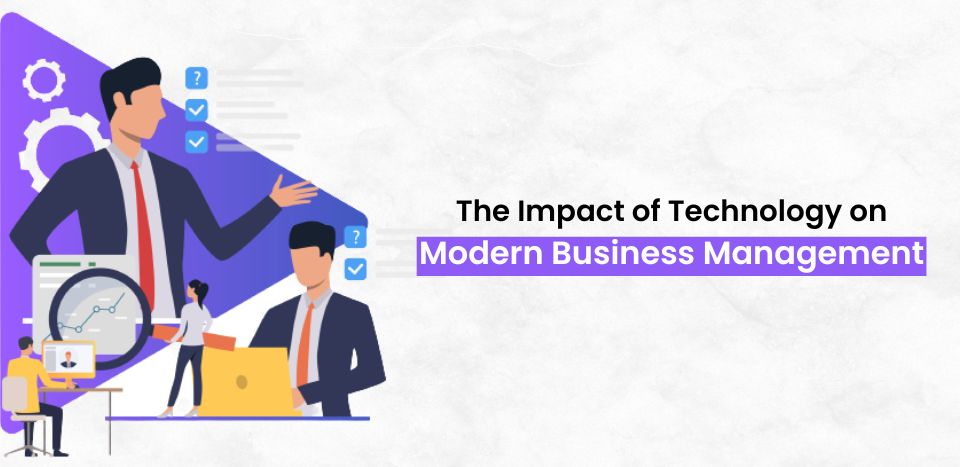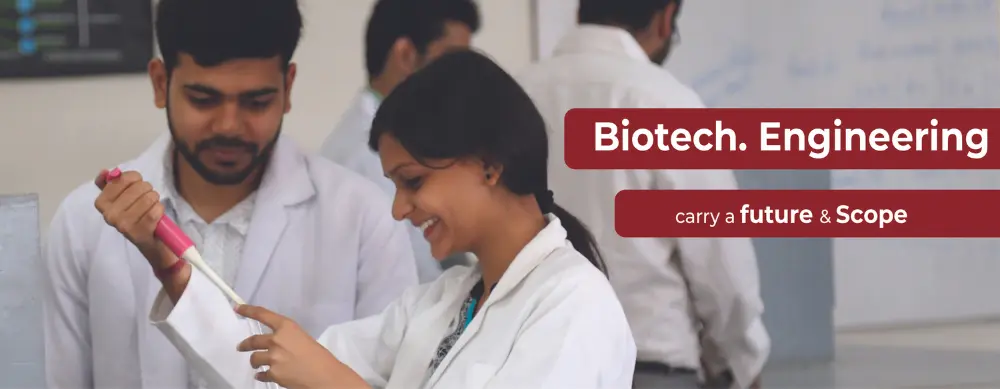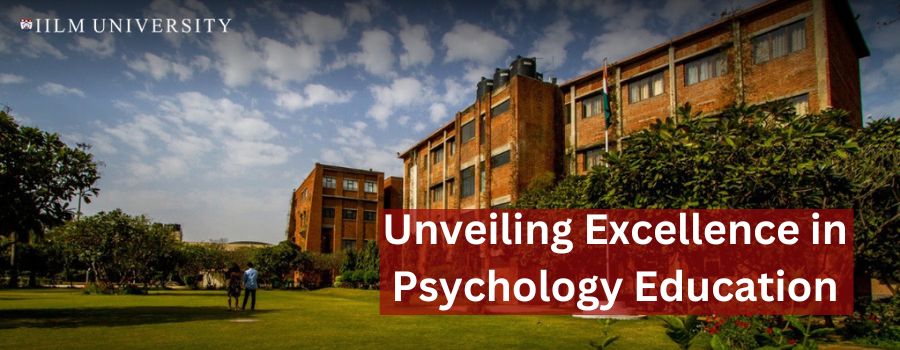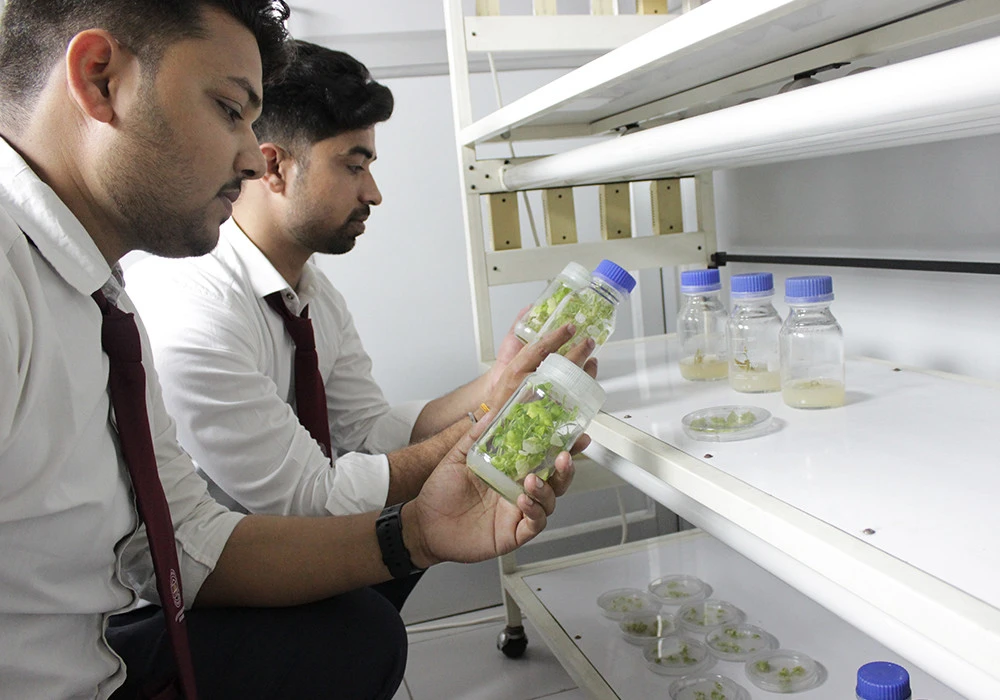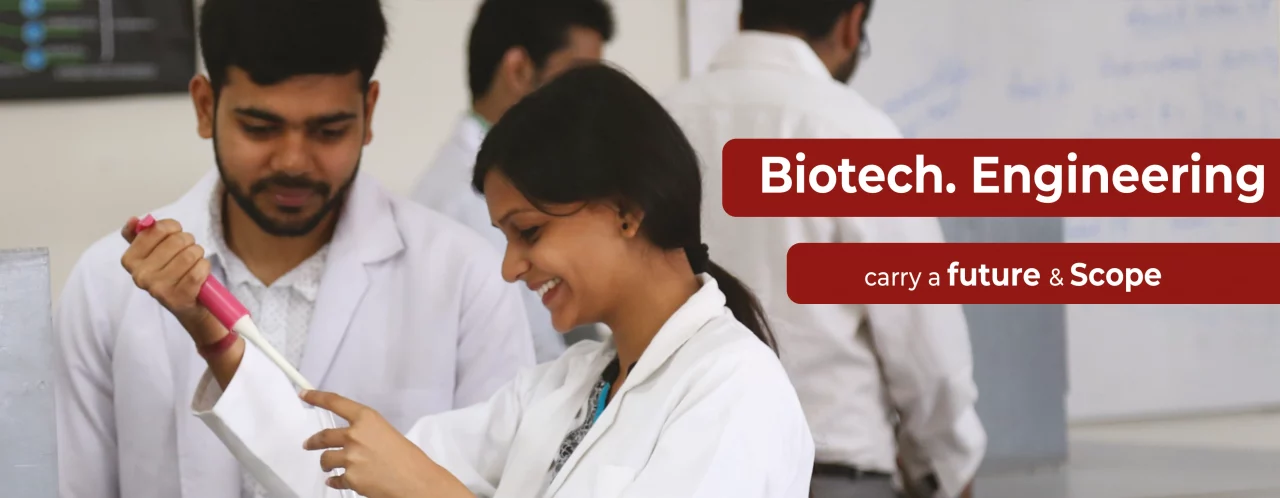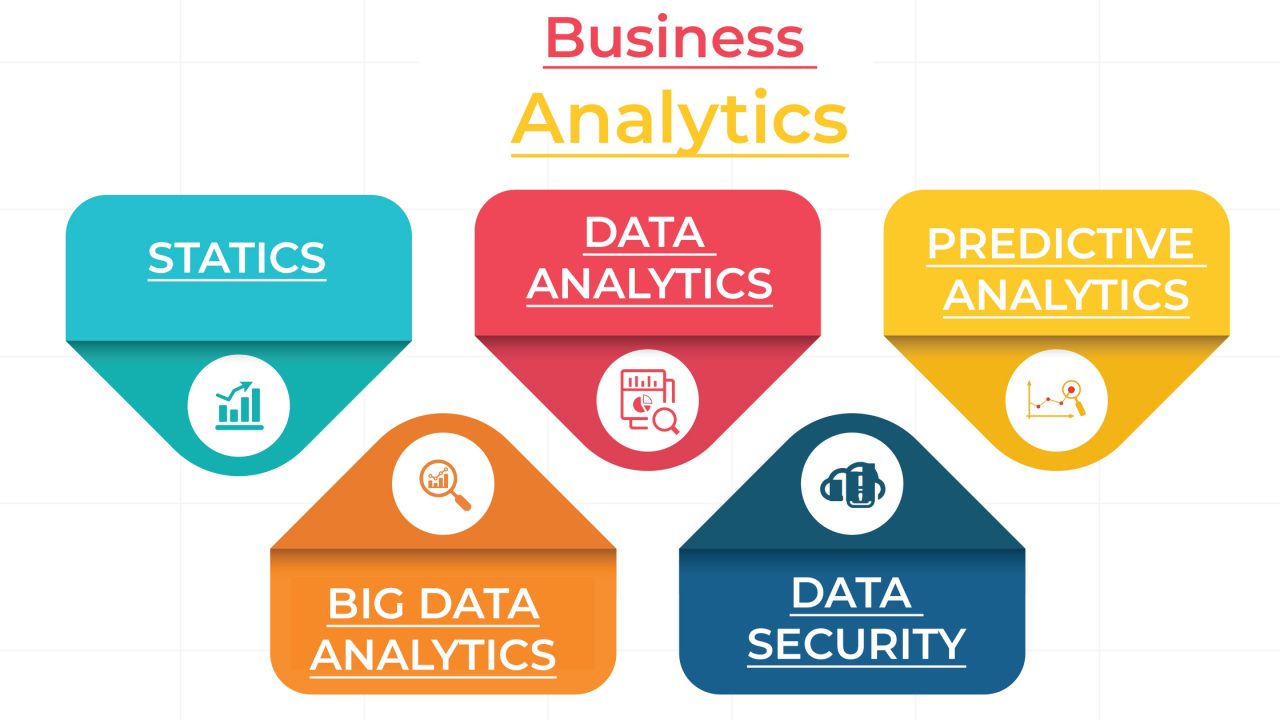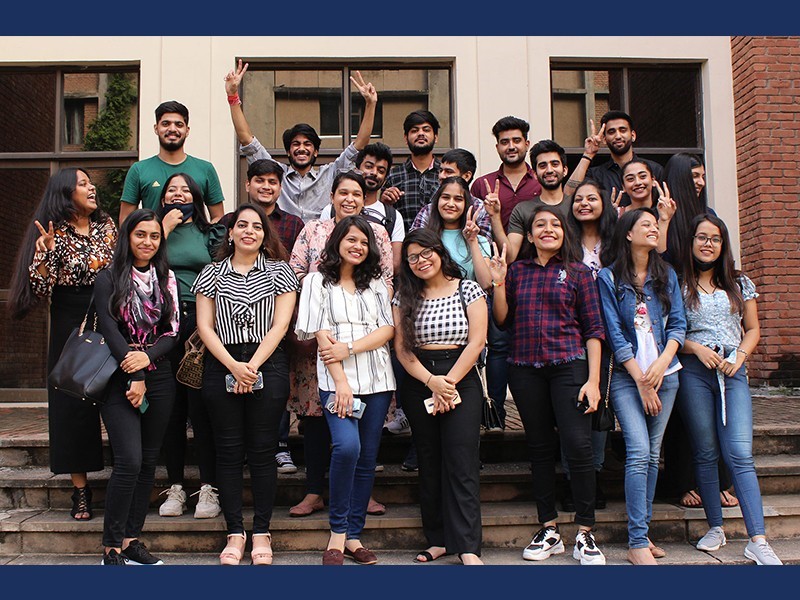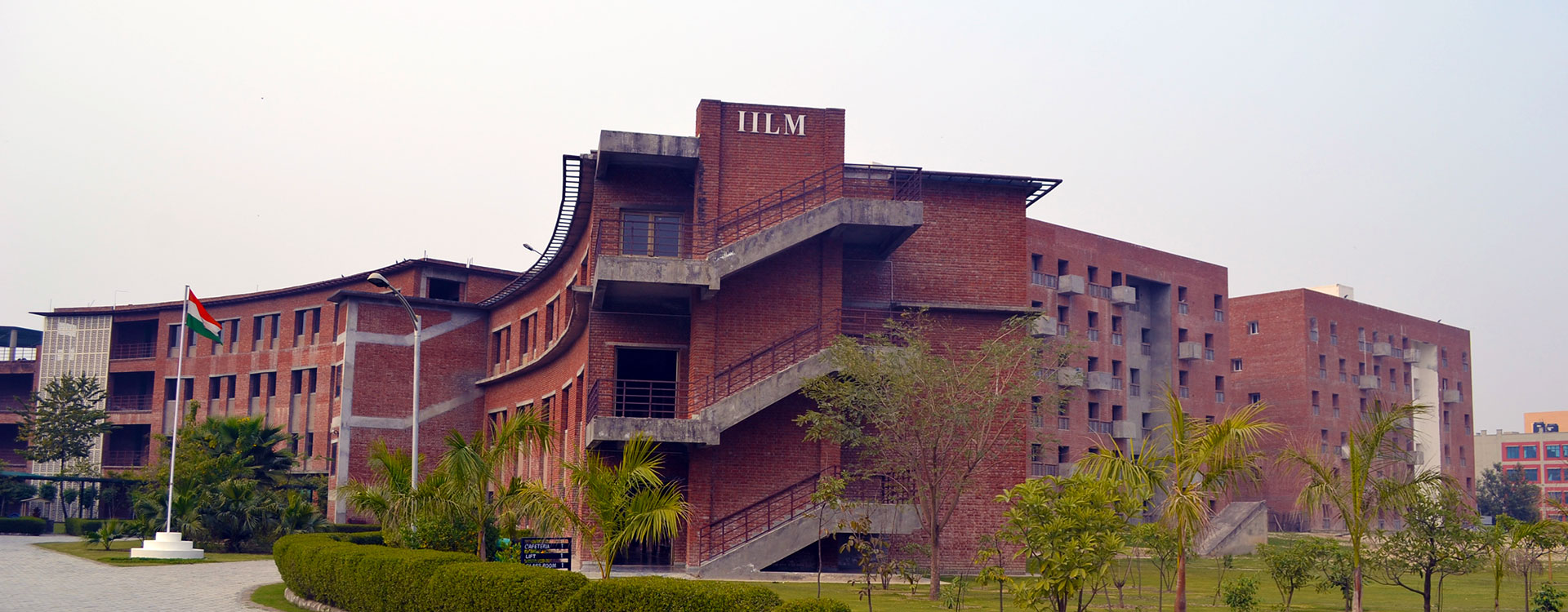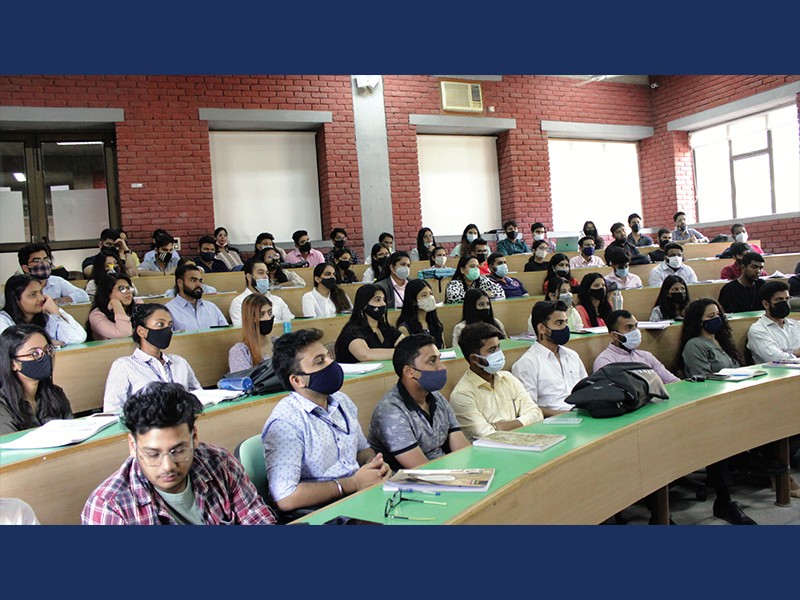What is Food Technology Engineering?
Food Technology Engineering is a blend of diverse scientific disciplines. It encompasses biology, physics, and chemistry to transform raw ingredients into safe, nutritious, and flavourful food products, which have a longer shelf life. This field signifies the marriage of science and gastronomy, concocting innovations that not only satisfy our palates but also contribute to our overall health and well-being.
Food Technology Engineering is a blend of diverse scientific disciplines. It encompasses biology, physics, and chemistry to transform raw ingredients into safe, nutritious, and flavourful food products, which have a longer shelf life. This field signifies the marriage of science and gastronomy, concocting innovations that not only satisfy our palates but also contribute to our overall health and well-being.

Role of Food Technology Engineers:
Food technology engineers are like superheroes of the food world. They make sure our food is safe, nutritious, and tasty. They’re the ones who experiment in labs to create new types of food, like that gluten-free bread you love or those exotic flavored chips. They also work on extending the life of our groceries, so that apple stays fresh in your fridge for longer. Not just that, they’re dedicated to making our food production more efficient and less wasteful. They even design machines that help in packing your favorite snacks! These engineers keep an eye on rules and regulations to ensure everything is up to standard. So, next time you enjoy a meal, remember there’s a food technology engineer working behind the scenes to make it all possible.
Food technology engineers are like superheroes of the food world. They make sure our food is safe, nutritious, and tasty. They’re the ones who experiment in labs to create new types of food, like that gluten-free bread you love or those exotic-flavored chips. They also work on extending the life of our groceries, so that apple stays fresh in your fridge for longer. Not just that, they’re dedicated to making our food production more efficient and less wasteful. They even design machines that help in packing your favorite snacks! These engineers keep an eye on rules and regulations to ensure everything is up to standard. So, next time you enjoy a meal, remember there’s a food technology engineer working behind the scenes to make it all possible.
Topics Covered in Food Technology Engineering:

The journey through a Food Technology Engineering curriculum is as diverse as India’s rich cultural heritage. The subjects range from the foundational sciences, similar to the roots of a Banyan tree, providing the basis for growth and learning. As we move up the trunk, we encounter specialized subjects like Food Chemistry, Food Microbiology, Food Engineering, and more. These subjects form the core of the curriculum, much like the heartwood of the tree. Branching out further, we explore Food Safety, Quality Control, and Nutrition, mirroring the spreading canopy of a tree that seeks sunlight. At the pinnacle of this educational journey, students find themselves in the realm of Food Product Development, much like the fruit that crowns the tree’s growth.
The journey through a Food Technology Engineering curriculum is as diverse as India’s rich cultural heritage. The subjects range from the foundational sciences, similar to the roots of a Banyan tree, providing the basis for growth and learning. As we move up the trunk, we encounter specialized subjects like Food Chemistry, Food Microbiology, Food Engineering, and more. These subjects form the core of the curriculum, much like the heartwood of the tree. Branching out further, we explore Food Safety, Quality Control, and Nutrition, mirroring the spreading canopy of a tree that seeks sunlight. At the pinnacle of this educational journey, students find themselves in the realm of Food Product Development, much like the fruit that crowns the tree’s growth.
Career in Food Tech. Engineering:

Choosing a career in food tech engineering is like signing up for a non-stop food adventure. You’ll be the wizard who invents exciting new flavors and products. Ever dreamed of creating a new flavor of ice cream that no one’s ever tasted before, or finding a way to make veggies irresistible to kids? That could be your day job! But it’s not just about taste tests and fun experiments. You’ll also be the detective who cracks the code to make our food last longer and stay fresher. The best part? There are loads of places that need food tech engineers – from the big-name food companies that fill our supermarkets, to health departments keeping an eye on food safety, and even research labs on the cutting edge of food science. With the world needing safer and healthier food options, the food tech world is your oyster. If you love food and aren’t afraid of a good problem-solving challenge, a career in food tech engineering could be a perfect match!
Choosing a career in food tech engineering is like signing up for a non-stop food adventure. You’ll be the wizard who invents exciting new flavors and products. Ever dreamed of creating a new flavor of ice cream that no one’s ever tasted before, or finding a way to make veggies irresistible to kids? That could be your day job!

But it’s not just about taste tests and fun experiments. You’ll also be the detective who cracks the code to make our food last longer and stay fresher. The best part? There are loads of places that need food tech engineers – from the big-name food companies that fill our supermarkets, to health departments keeping an eye on food safety, and even research labs on the cutting edge of food science. With the world needing safer and healthier food options, the food tech world is your oyster. If you love food and aren’t afraid of a good problem-solving challenge, a career in food tech engineering could be a perfect match!
Jobs in Food Technology Engineering:

After graduating from this field, food tech. engineers mainly get a job in companies and organizations that deal with nutrition, food, healthcare, quality control, research in the related field, food packaging, etc. These are the industries that are AI-proof and usually have very low competition which makes it even more lucrative to enter this field.
With the Indian food and beverage industry on a consistent rise, there are numerous roles and opportunities emerging across various sectors. Here’s a concise list of the jobs one can get after doing B-tech in Food technology:
- Food Technologist
- Food Safety Officer
- Quality Assurance Manager
- Research and Development (R&D) Scientist
- Production Manager
- Process Engineer
- Food Packaging Technologist
- Quality Control Analyst
- Food Regulatory Specialist
- Sales and Marketing Executive
- Food Consultant
- Entrepreneur
After graduating from this field, food tech. engineers mainly get a job in companies and organizations that deal with nutrition, food, healthcare, quality control, research in the related field, food packaging, etc. These are the industries that are AI-proof and usually have very low competition which makes it even more lucrative to enter this field.
With the Indian food and beverage industry on a consistent rise, there are numerous roles and opportunities emerging across various sectors. Here’s a concise list of the jobs one can get after doing B-tech in Food technology:
- Food Technologist
- Food Safety Officer
- Quality Assurance Manager
- Research and Development (R&D) Scientist
- Production Manager
- Process Engineer
- Food Packaging Technologist
- Quality Control Analyst
- Food Regulatory Specialist
- Sales and Marketing Executive
- Food Consultant
- Entrepreneur
Scope in Food Technology Engineering:

The future of this dynamic industry is tied to pressing global concerns such as sustainability and health. Technologists are creating sustainable solutions to reduce food waste, increase energy efficiency, and develop eco-friendly packaging. In the booming health and wellness sector, they are contributing to the development of functional foods, probiotics, nutraceuticals, and personalized nutrition options. As we navigate through evolving food consumption trends and confront challenges related to food security and health, the role and scope of food technology engineering are set to expand significantly.
With the rising awareness about health and nutrition, there is a growing demand for professionals who can balance taste and health. Also, government-led initiatives like ‘Make in India’ and ‘Start-up India’ are further providing a boost to food processing industries, expanding the horizon for food technologists.
The future of this dynamic industry is tied to pressing global concerns such as sustainability and health. Technologists are creating sustainable solutions to reduce food waste, increase energy efficiency, and develop eco-friendly packaging. In the booming health and wellness sector, they are contributing to the development of functional foods, probiotics, nutraceuticals, and personalized nutrition options. As we navigate through evolving food consumption trends and confront challenges related to food security and health, the role and scope of food technology engineering are set to expand significantly.

With the rising awareness about health and nutrition, there is a growing demand for professionals who can balance taste and health. Also, government-led initiatives like ‘Make in India’ and ‘Start-up India’ are further providing a boost to food processing industries, expanding the horizon for food technologists.
Should You Pursue Food Technology in 2023?

Choosing to pursue Food Technology in 2023 is like planting a mango tree today, knowing well that the fruits will be harvested in the years to come. With the escalating growth of India’s food and beverage industry, the demand for skilled food technology professionals is expected to follow an upward trajectory in the future. Therefore, a career in food technology not only promises lucrative opportunities but also offers the chance to make meaningful contributions to society.
Choosing to pursue Food Technology in 2023 is like planting a mango tree today, knowing well that the fruits will be harvested in the years to come. With the escalating growth of India’s food and beverage industry, the demand for skilled food technology professionals is expected to follow an upward trajectory in the future. Therefore, a career in food technology not only promises lucrative opportunities but also offers the chance to make meaningful contributions to society.
Conclusion:
As we stand on the precipice of 2023, the field of Food Technology Engineering is ripe with opportunities. It offers a promising and rewarding career path, especially in a country like India, with its wide-ranging culinary palette and ever-growing food processing industry. A career in food technology allows you to contribute positively to society while satisfying your professional ambitions. With a panorama as wide and vibrant as an Indian marketplace, there’s no doubt that Food Technology Engineering offers an exciting journey. It’s time to don your professional chef’s hat and whip up a storm in the culinary world of science!
As we stand on the precipice of 2023, the field of Food Technology Engineering is ripe with opportunities. It offers a promising and rewarding career path, especially in a country like India, with its wide-ranging culinary palette and ever-growing food processing industry. A career in food technology allows you to contribute positively to society while satisfying your professional ambitions. With a panorama as wide and vibrant as an Indian marketplace, there’s no doubt that Food Technology Engineering offers an exciting journey. It’s time to don your professional chef’s hat and whip up a storm in the culinary world of science!










